Mass times (x) Acceleration
What is force?

What is a food chain?
The outermost barrier is a rigid protective outer covering
Function: Supports, shapes, and protects the cell
What is a cell wall?
what body system does this image represent?
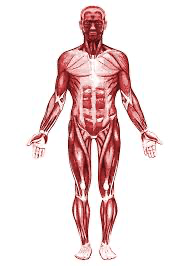
What is the Musclar system?
within each chromosome, there are smaller sections of genetic material called
Genes
Which change can be easily be reversed?
A. Chemical Change
B. Physical Change
C. Both a physical and chemical change
D. Neither a physical or chemical change
What is a physical change?
Force divided (➗) by mass
What is Acceleration?
This is a
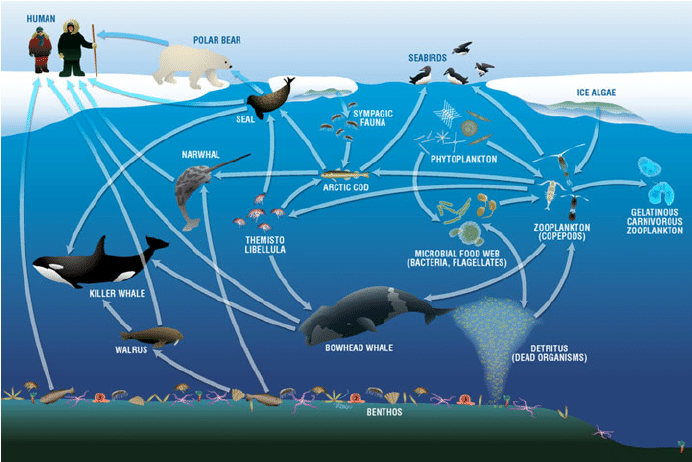
What is a food web?
Inside the cell wall is a flexible barrier
Function: That controls what substances enter and exit the cell.
what is the cell membrane?
What body system is this?
(Hint:Main organs: Brain, Spinal cord, Nerves)
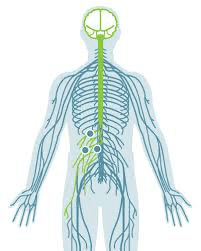
What is the nervous system?
Any inherited characteristic or behavior that helps an organism survive and reproduce in its environment
What is adaptation?
A chemical change is
A. changes matter from one form to another.
B. destroysmatter.
C. creates matter.
D. does not change matter in anyway.
What is changes matter from one form to another?
Force divided (➗) by Acceleration
is the series of changes that occurs on surfaces where no soil or organisms exist
What is Primary succession?
is an organelle that contains genetic material and directs or controls most cellular activities.
what is a nucleus?
What body system does this picture represent?
(Hint: Main organ: Lungs, nose, trachea, bronchi, diaphragm)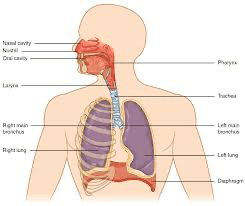
What is the respiratory system?
What is the difference between a physical adaptation and a behavioral adaptation?
Results may vary
Which is not a clue that could indicate a chemical change?
A. Change in color
B. Change in shape
C. Change in energy
D. Change in odor
What is a change in shape?
Two answers:
how fast something is moving
how fast something is moving
What is speed and velocity?
is the series of changes that occurs in an area where the ecoystem has been distrubed by natural events or human activity, but there is soil and organisms.
What is secondary succession?
is a cell structure that produces proteins
What is a Ribosome?
Which human body systems interact to produce movement of the body?
What is the skeletal and muscular system?
An internal change that permits an organism to perform special functions that help it survive and reproduce.
What is physiological adaptation?
Diane draws a picture on a piece of paper and then folds it into a paper airplane. She throws it at her little brother, and its hits him in the head. He responds by ripping up the paper. Which of the following is an example of a physical change?
a) ripping up the paper
b) folding the paper into an airplane
c) drawing on the paper
d) all of these
What is all of the above?
Solve:
A force of 250 N is applied to an object that accelerates at a rate of 5 m/sec2. What is the mass of the object?
What is 50?
is the number and variety of different species in an area and variations within species.
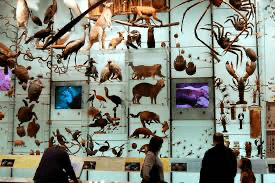
Biodiveristy
is an organelle that converts chemical energy (stored in food) into another form of energy that cells can use to carry out daily processes.
"The powerhouse of the Cell"
What is the mitochondrion?
What do all the body systems work to maintain?
What is Homeostasis?
Variatations that (increase/decrease) an organism's chance of survival are often passed on to its offspring. Over several generations these variations tend to become (more/less) common within the population.
What is Increase and More?
Jolene wants to experiment with sugar cubes. Which of the following causes a sugar cube to only change physically, not chemically?
A. burning the sugar cube with a match
B.crushing the sugar cube and dissolving it inwater
C. dehydrating the sugar cube with sulfuric acid
D. chewing the sugar cube and digesting it
What is crushing the sugar cube and dissolving it in water?